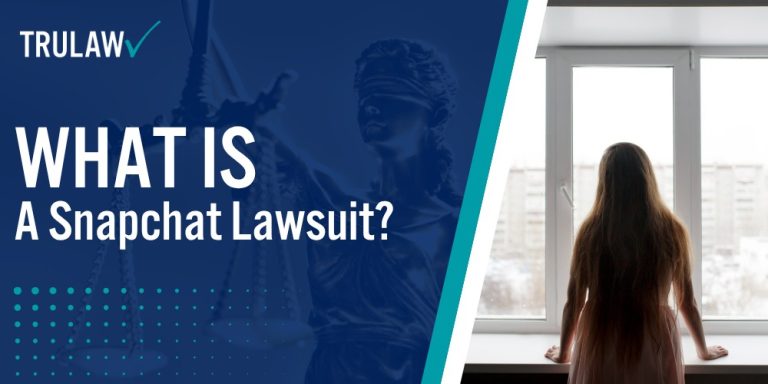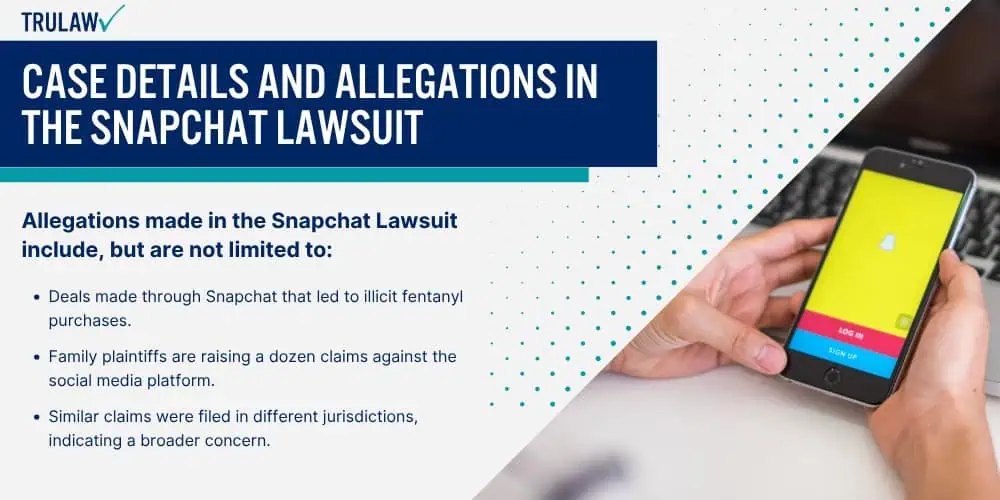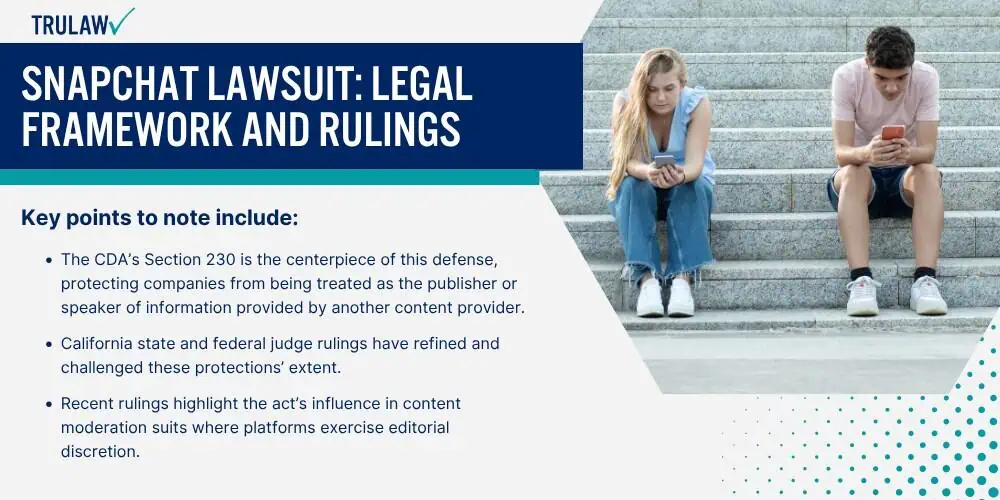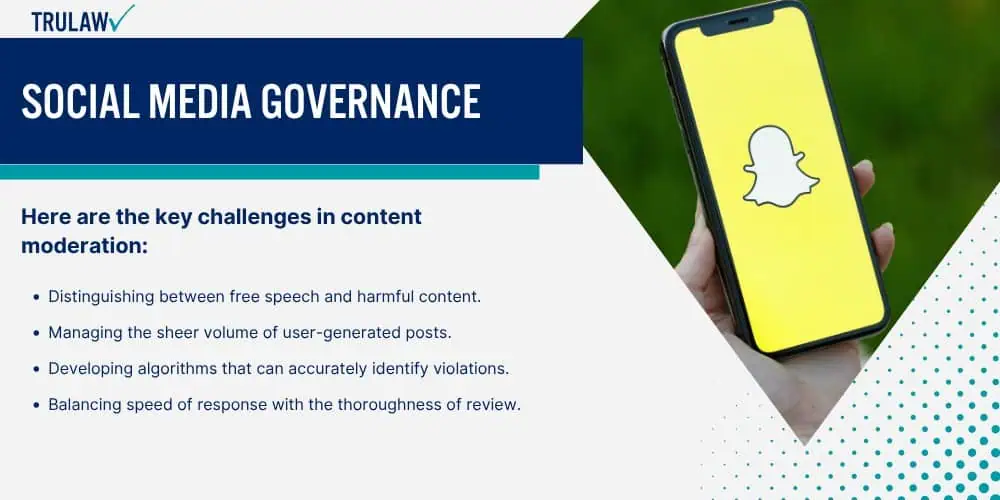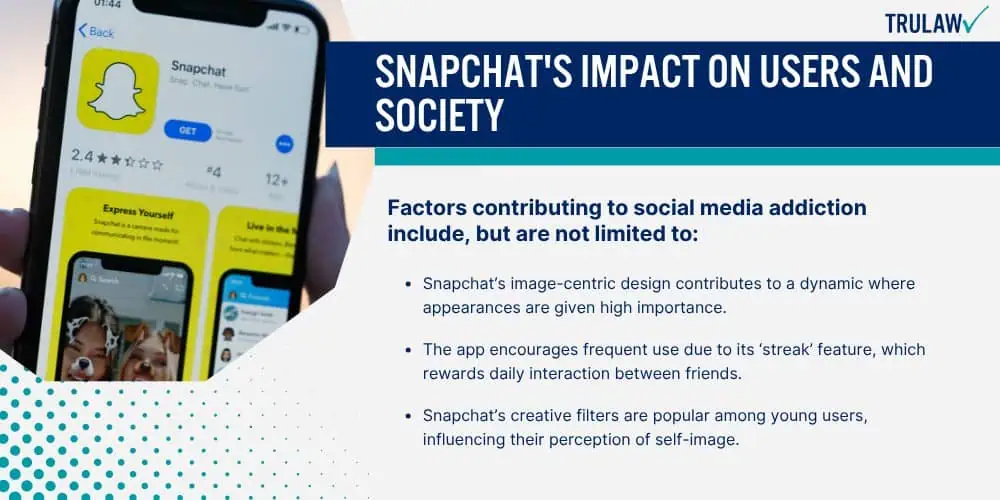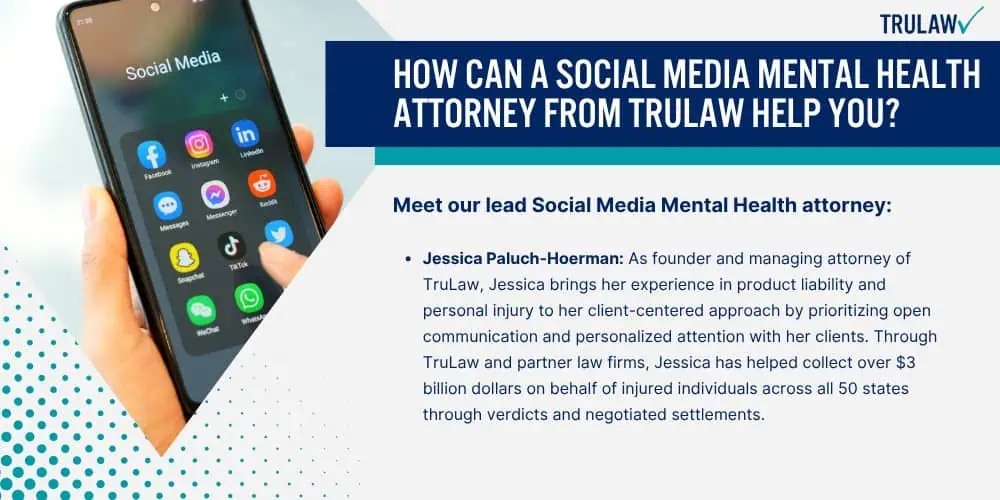Snapchat’s legal challenges highlight significant concerns regarding its impact on youth mental health, prompting a discussion on social media addiction and the responsibility of social media companies.
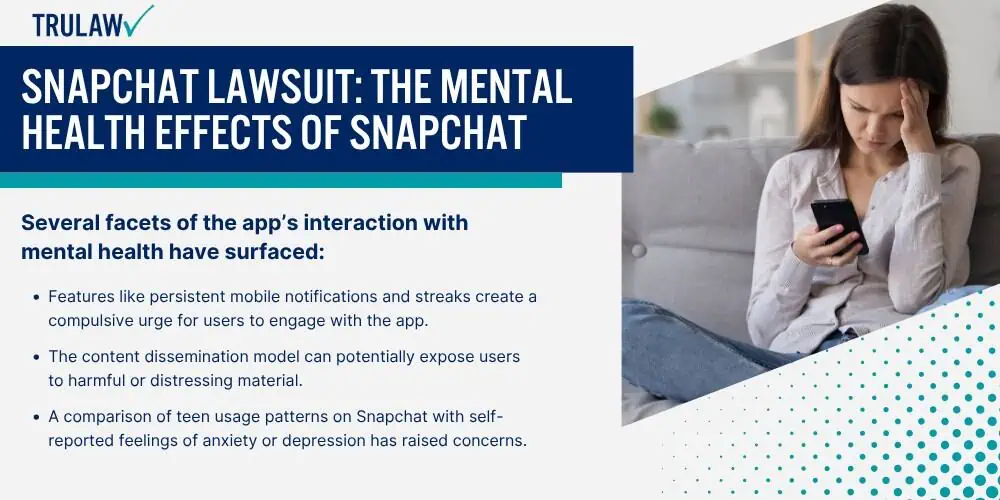
Impact on Youth Mental Health
Snapchat has faced legal action alleging the app contributes to a youth mental health crisis.
The social media lawsuits posit that the platform’s design and algorithms may lead to mental health problems among its users, particularly teenagers.
Several facets of the app’s interaction with mental health have surfaced:
- Features like persistent mobile notifications and streaks create a compulsive urge for users to engage with the app.
- The content dissemination model can potentially expose users to harmful or distressing material.
- A comparison of teen usage patterns on Snapchat with self-reported feelings of anxiety or depression has raised concerns.
- Peers heavily influence the social dynamics within the app, which can magnify issues like bullying and social anxiety.
Comparing Other Social Media Companies
Snapchat is one of many social media platforms implicated in negatively affecting mental health.
However, comparisons draw distinctions:
- Social media apps like Facebook and Instagram have been similarly criticized for their mental health impacts.
- Each app has unique features but shares common threads, such as promoting constant connectivity and content consumption.
- Studies and lawsuits often group these companies together when discussing social media and mental health.
- Legal arguments frequently cite how Snapchat and other social media platforms are engineered to keep users hooked, a trait shared across the industry.
Addiction and Overuse Concerns
Concerns of addiction and overuse are central to the claims against Snapchat.
These are characterized by:
- An emphasis on the frequency and duration of app usage, often to the detriment of other activities.
- The role of algorithm-driven content feeds in cultivating habitual use.
- How social media companies implement design decisions that encourage prolonged use patterns.
- Reports that users, especially teens, find it difficult to disengage from social media platforms despite negative consequences to their well-being.
